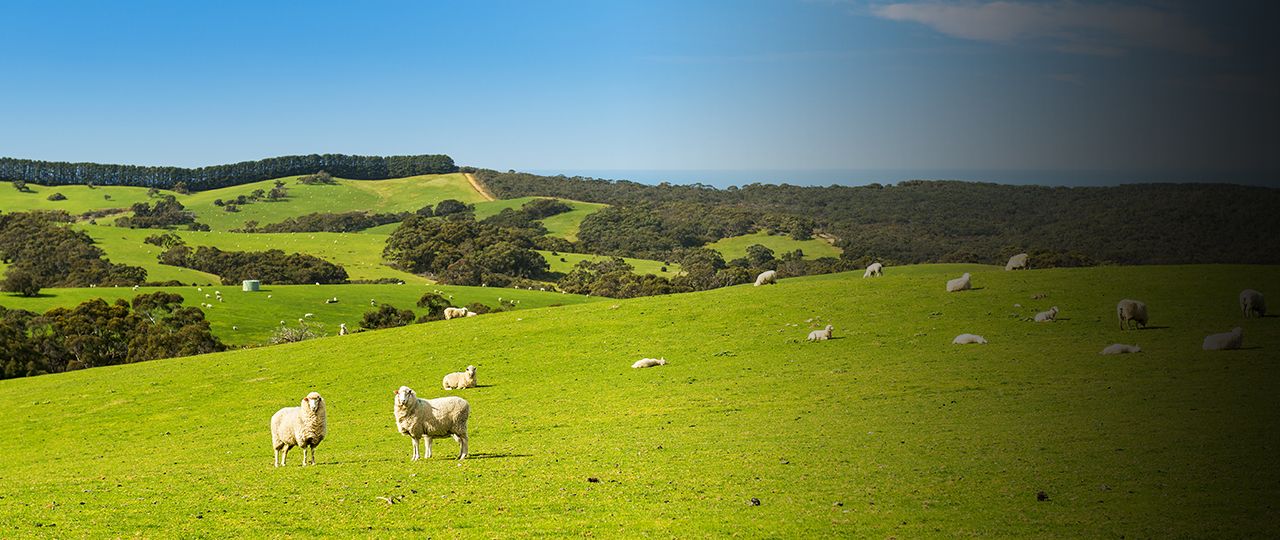
Jason Beedell
Director, Research


Director, Research
Click to download the full update as a PDF
EFAs: European Parliament supports ban on plant protection products on Ecological Focus Areas
The European Parliament has voted in favour of a ban on the use of pesticdes on fallow, cover and catch crops, and nitrogen-fixing crops on EFAs, so that they produce a greater environmental benefit. The ban is likely to come into force on 1st January 2018 and applies to the UK. It will have an impact on EFA option selection, making peas and beans less popular and increasing the use of buffer strips, hedges and fallow. However, the relationship with Stewardship agreements can be complicated so our farming team is producing a briefing note on how to mix EFAs, agri-environment and BPS. The NFU is discussing how to implement the changes with DEFRA and the RPA. We will keep you informed of any news.
Farming and environment: Gove tells BBC that Brexit will improve policies
Michael Gove, the new Secretary of State for farming and the environment, has said that he wanted to enhance current environmental rules to protect nature wherever possible; he implied that he supports the aim of the rules but thinks their implementation could be improved (which S&P would agree with). He also said that the UK will compete on quality and there would be no race to the bottom on agricultural standards. He said he would listen to both farmers and environmentalists. He also gave some reassurance to businesses that rely on overseas workers, by saying that the economy comes first.
Scotland: Three year amnesty for tenants to claim compensation for ‘uninformed’ improvements
Tenants who carried out improvements without informing their landlords will be able to apply for retrospective approval of eligible improvements in order to qualify for compensation at the end of a farm tenancy. It only covers the reporting of improvements and doesn’t try to determine any levels of compensation payable, or entitle tenants to immediate payments. Please contact Alexander Jameson for further details.
Bird flu case in chicken and geese flock in Norfolk
The case of H5N8 bird flu near Diss in south Norfolk was confirmed on 3 June, and a 3 km Protection Zone and 10 km Surveillance Zone have been established around the location. Sadly, prevention zone measures had only recently been lifted, on 15 May, from the previous outbreak.
CAP-post 2020: budget and policy details delayed, at least partially due to Brexit
Publication of the policy details of what the EC would like in the CAP-post 2020 are likely to be delayed until early 2018 due to discussions about the size of the EU budget being delayed, partially due to Brexit. As €10-13bn pa less will be in the EC’s coffers, all European Commission departments have been asked to work out the impact of changes in the budget they are allocated. Although they have been asked to assess a 0% change and +10%, most commentators think that the -15% or -30% scenarios are probably closer to what reality might be. The European farm lobby group has called for the budget to be maintained as farm incomes are under pressure and as farming is expected to do more to help deliver environmental and social goals.
Reauthorisation of glyphosate for 10 years is a step closer but petition against hits 1m
The European Chemicals Agency (ECHA) has published the official conclusions of its Risk Assessment Committee’s independent scientific review. They are that the weight of evidence shows the chemical should not be classified as carcinogenic nor as mutagenic when used correctly; the results had been made public on 15 March but are now official. In an interesting development, it has emerged that scientists at the World Health Organisation’s International Agency for Research on Cancer (IARC) did not consider unpublished scientific data in its March 2015 assessment. This data found no evidence of a link between glyphosate and cancer. The lead scientist said that their procedures mean they should not consider unpublished data (so they correctly excluded it) but that if they had included it, it was less likely that they would have classified glyphosate as “probably carcinogenic”. The ECHA review was published on the same day that a petition to the EU to ban glyphosate reached one million signatures. The EC now needs to decide how to react. A decision on the reauthorisation now has to be taken within six months or by the end of 2017 at the latest, when the current EU glyphosate license runs out. Separately, Professor Stephen Powles of the University of Western Australia, who is one of the most highly cited plant scientists in the world, has said that glyphosate is a 1 in 100 year discovery – like penicillin – so we need to preserve it for the future.
Scotland: Rural Economy Committee to hold full inquiry into salmon farming
The inquiry will include considering the effect on wild fish of sea lice from Scottish salmon farms, a subject which Salmon & Trout Conservation Scotland has long campaigned about. It would like the Aquaculture and Fisheries (Scotland) Act 2007 to be amended so that the Government has a statutory duty to inspect farms and enforce sea lice control to protect young wild fish. Ultimately, the charity would like complete 'biological separation' of wild and farmed fish.
Scotland: Sheep and Trees Forestry Grants Package
This new initiative, from Forestry Commission Scotland, is aimed at hill and upland sheep farmers who want to integrate new woodlands (10-50ha) into their farms, and covers planting and forest infrastructure for access routes. Trees can be very beneficial for a large number of reasons, including biodiversity, flood risk management and climate regulation, if planted in appropriate places. The initiative is supported by the Scottish NFU and National Sheep Association. Please contact Fenning Welstead for further details.
UK commercial forestry continues to perform well with a total return of 10.7% in 2016
The returns, for the year ending 31 December 2016, were mainly driven by continuing rises in capital values. Click here for the full results from the MSCI IPD UK Forestry Index, which measures returns from direct investment in a sample of private sector-owned coniferous plantations of predominantly Sitka spruce.
Effect of not spots on rural businesses
Getting access to better mobile and broadband coverage is important to almost half (49%) of people considering moving house, according to our latest research on Housing Futures. Broadband is important to rural businesses as well as households – with over 500,000 businesses operating in rural areas, employing over 3.5 million people – 13% of the total.